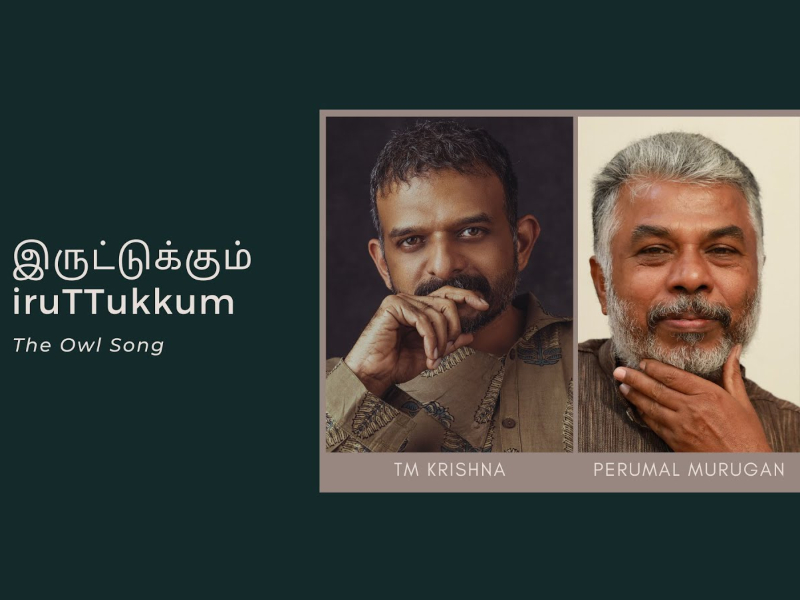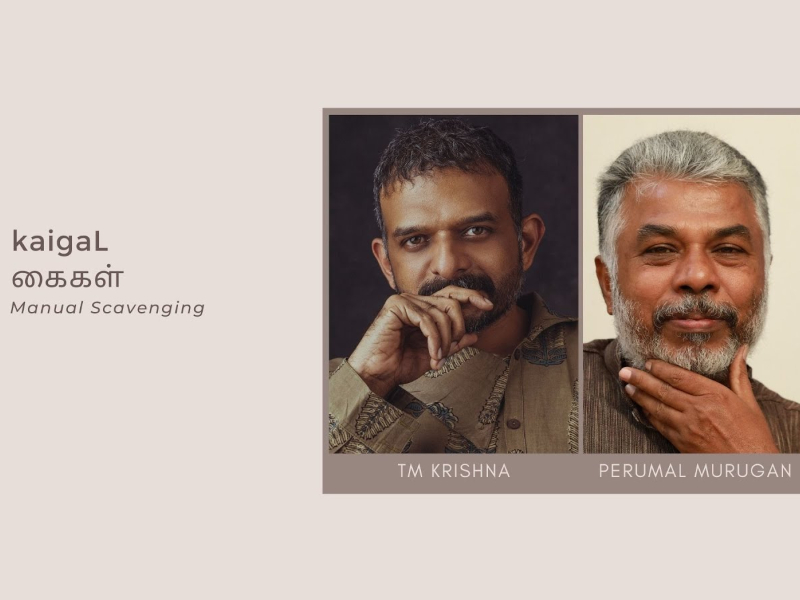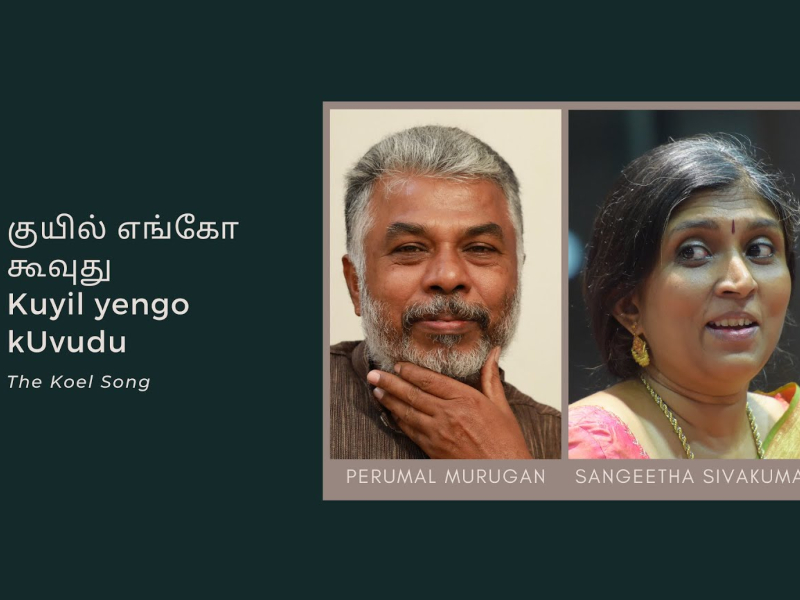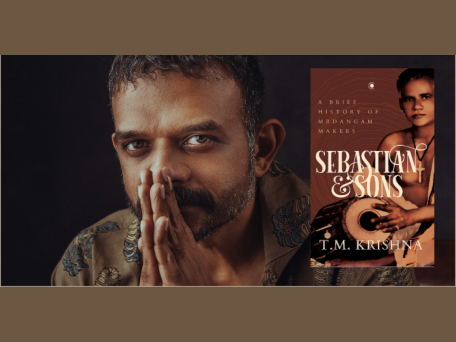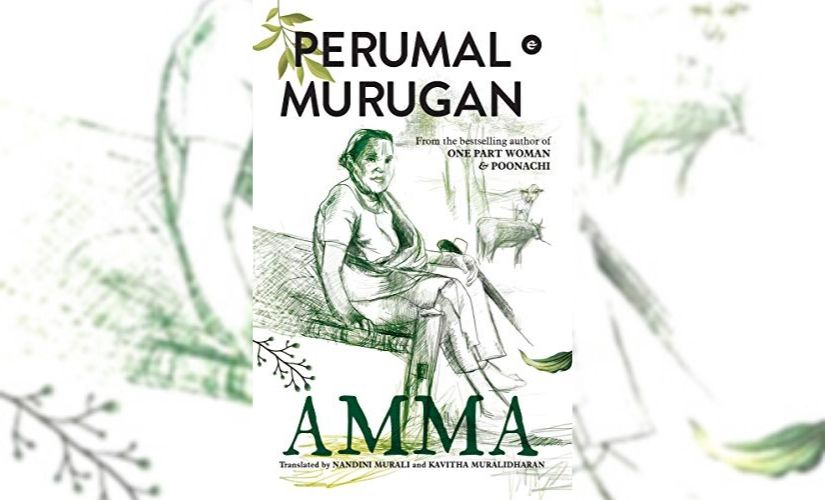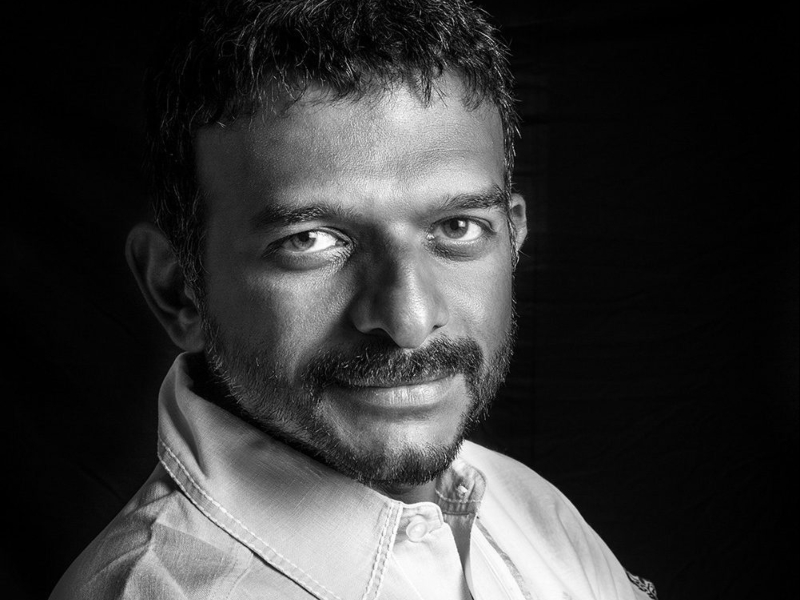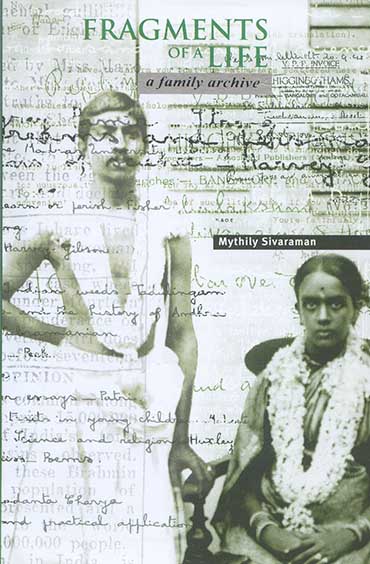This is a song about the owl and is one of the few I have written about birds.
Owl is a companion for those who are awake at night. A nocturnal bird, it would be up and about in the night. There are people who consider the owl to be a bad omen as they think that the hoot of an owl brings bad news. The farmers, however, love the owl and consider it a friend — primarily because the owl’s main diet is rodents and thus helping farmers control its population. The farmers welcome owls near their farms.
The owl’s hoot sounds like a screech, and so there are many who are afraid of it. But if you observe carefully, the hoot can sound differently, depending on whether the owl is looking for its mate, if it is calling its owlets or if it has found food. At times, it would even sound like the laughter of a child.
I like the owl and would be happy if I could get a glimpse of one some night. I have always wanted to write a song about the owl, for when I hear its hoot, it feels as though the darkness of the night is talking to me. I have attempted to bring about this emotion in the following lines.
— Perumal Murugan
Pallavi
It is the sound of darkness
That hoot of the owl
Tune in and heed to it
For it is a many nuanced tongue
Anupallavi
Shattering the dense darkness
Smattering the solid silence, it
Speaks to you and allays you
Charanam
A pair of eyes that bore and stare
They bounce around like two balls
The beak parts open for a moment
To emit a scary raucous hoot
Just listen to it with an open mind
Hear the peals of a child’s glee
See the darkness dissolve away
And a grace that fills your heart
